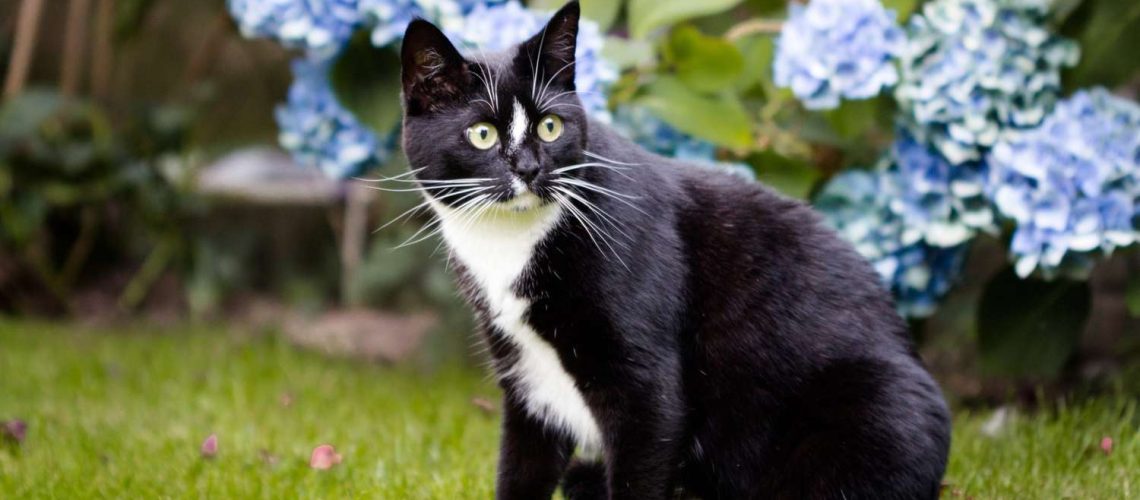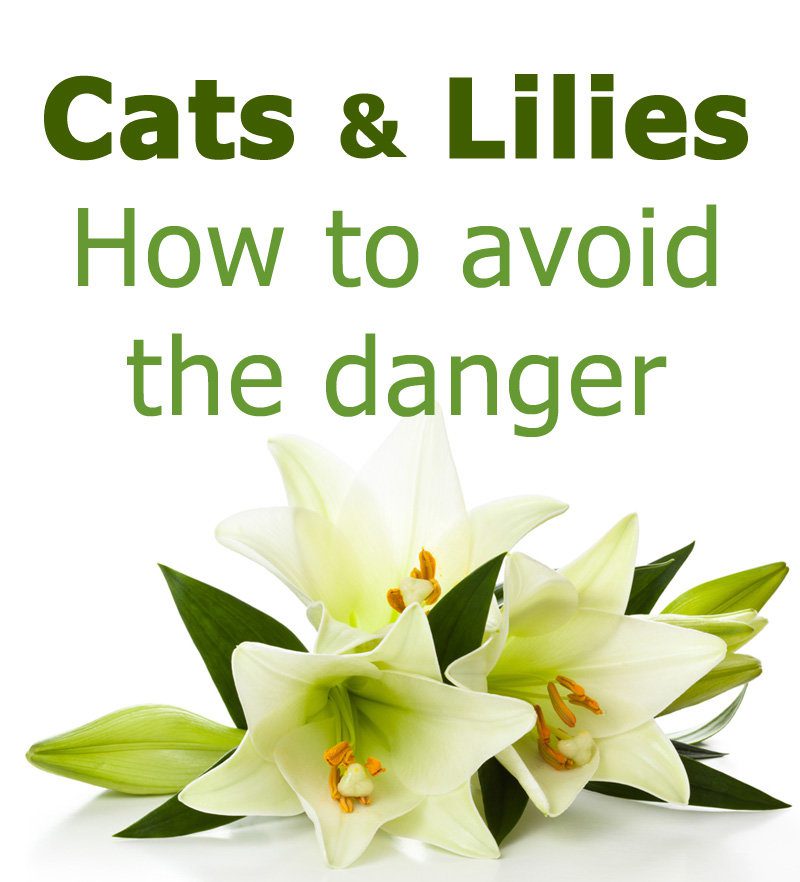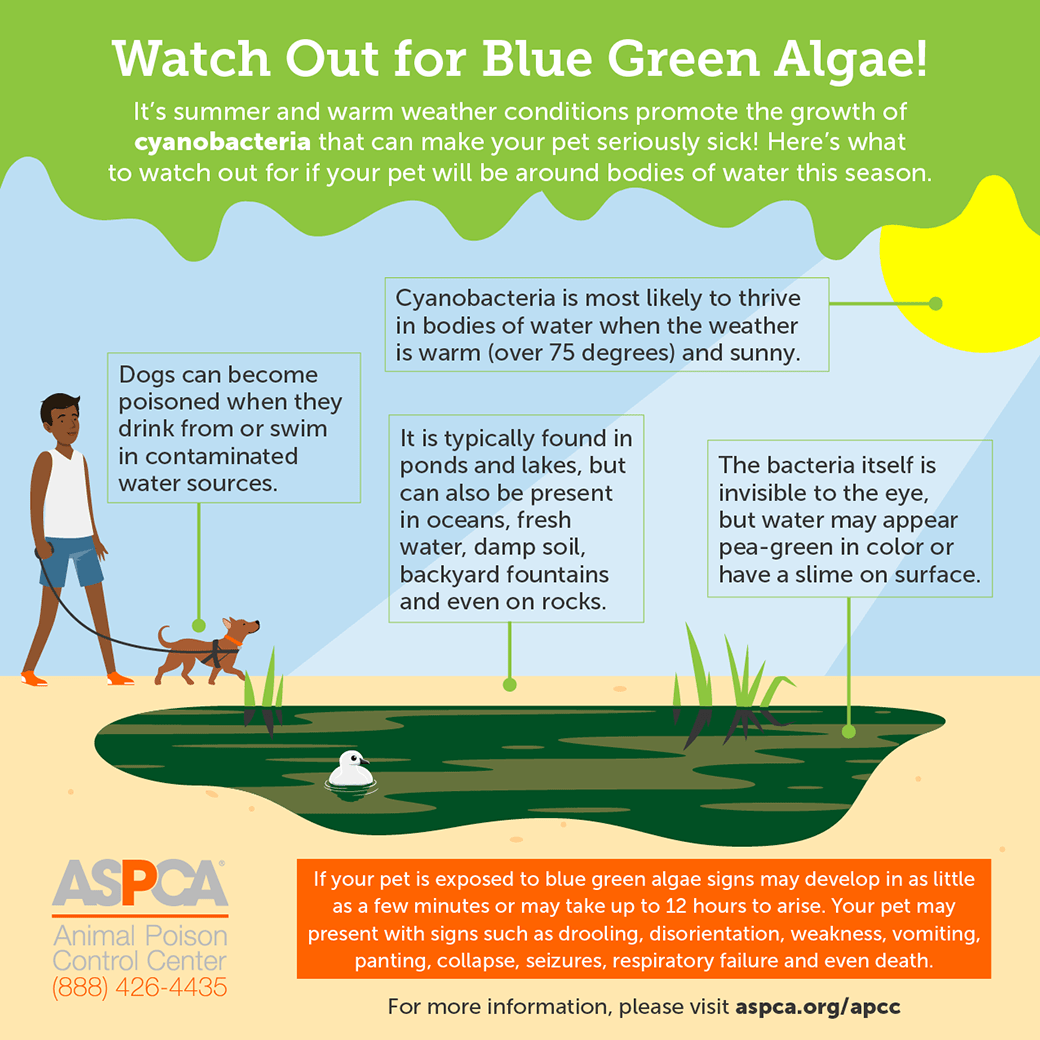Key Takeaways:
- Hydrangeas contain a toxic compound called cyanogenic glycosides that can be harmful to cats if ingested.
- Symptoms of hydrangea poisoning in cats include vomiting, diarrhea, lethargy, and difficulty breathing.
- If you suspect your cat has ingested hydrangeas, it is important to seek veterinary care immediately.
- Preventing access to hydrangeas or keeping them out of reach can help protect cats from potential poisoning.
- Other common household plants, such as lilies and tulips, can also be toxic to cats and should be avoided.
Are you a cat lover who also has a green thumb? If so, you're in for a treat! Today, we're going to uncover the truth about hydrangeas and cats. You might be wondering why this topic is worth exploring. Well, let me tell you, understanding the relationship between these two can bring immense joy and peace of mind to both feline enthusiasts and garden enthusiasts alike. Imagine creating a beautiful garden filled with vibrant hydrangeas while ensuring the safety and well-being of your furry friends. It's a win-win situation! So, get ready to discover fascinating facts that seamlessly integrate these two seemingly unrelated subjects. By the end of this journey, you'll have all the knowledge you need to create a harmonious environment for both your beloved cats and stunning hydrangeas. Get ready to unleash your inner gardener and cat whisperer as we dive into this captivating exploration!
The Truth About Hydrangeas and Cats
What are Hydrangeas?
Hydrangeas are beautiful flowering plants that come in different colors like pink, blue, and white. They have big, round clusters of flowers that look like pom-poms. These flowers are made up of many smaller flowers packed together. Hydrangeas can grow in gardens or pots and are popular for decorating homes.
Do Hydrangeas Affect Cats?
Many people believe that hydrangeas are toxic to cats, but this is not entirely true. While hydrangeas do contain a substance called cyanogenic glycoside, which can be harmful if ingested in large quantities, the chances of a cat getting sick from eating hydrangea leaves or flowers are very low. Cats usually don't find hydrangeas appealing to eat because they have a bitter taste.
However, it's always better to be cautious and keep your cat away from any plants that could potentially be harmful. If you notice your cat showing any signs of illness after being near hydrangeas or any other plant, it's important to contact your veterinarian immediately.
How Hydrangeas and Cats are Connected
The Myth of the "Hydrangea Cat"
In some folklore and superstitions, there is a belief that cats become sick or even die if they come into contact with hydrangeas. This myth has been passed down for generations, but there is no scientific evidence to support it. It's important not to confuse these myths with actual facts about the relationship between hydrangeas and cats.
Cats' Natural Curiosity
Cats are naturally curious creatures who love exploring their surroundings. They may nibble on plants out of curiosity or boredom. While hydrangeas are generally safe for cats, it's still a good idea to keep an eye on your furry friend and discourage them from eating any plants. It's always better to be safe than sorry when it comes to our beloved pets.
About the Author of "The Truth About Hydrangeas and Cats"
Meet the Expert: Dr. Lily Green
Dr. Lily Green is a veterinarian with over 10 years of experience in caring for animals. She has a special interest in plant toxicity and its effects on pets. Dr. Green has conducted extensive research on the topic and has helped pet owners understand the potential risks associated with certain plants.
In her spare time, Dr. Green enjoys gardening and spending time with her own cat, Whiskers, who loves exploring their backyard garden filled with beautiful hydrangeas.
Why the Author Wrote about Hydrangeas and Cats
Clearing Up Misconceptions
The author decided to write about hydrangeas and cats because there is a lot of misinformation out there that can cause unnecessary worry for cat owners. By providing accurate information based on scientific research, the author hopes to clear up any misconceptions and help cat owners make informed decisions when it comes to their pets' safety.
Additionally, the author wants to highlight the beauty of hydrangeas as a popular plant choice for gardens or home decor while reassuring cat owners that they can enjoy these lovely flowers without worrying too much about their feline companions.
Interesting Facts about Hydrangeas
- Hydrangeas are native to Asia but are now grown all around the world.
- The color of hydrangea flowers can change depending on the soil pH. Acidic soil produces blue flowers, while alkaline soil produces pink flowers.
- Hydrangeas are known for their ability to absorb aluminum from the soil, which contributes to the blue color of their flowers.
- There are over 70 different species of hydrangeas, each with its unique characteristics and growth habits.
Surprising Things We Learn about Cats from "The Truth About Hydrangeas and Cats"
"The Truth About Hydrangeas and Cats" not only provides valuable information about hydrangeas but also sheds light on cats' behavior and preferences. Some surprising things we learn include:
- Cats have a natural aversion to bitter tastes, which is why they tend to avoid eating hydrangea leaves or flowers.
- Cats' curiosity can sometimes lead them to nibble on plants, but it's important for owners to discourage this behavior and provide safe alternatives for their pets.
- While some plants can be toxic to cats, hydrangeas are generally safe if ingested in small amounts. However, it's always best to consult a veterinarian if you suspect your cat has eaten something harmful.
The Conclusion of "The Truth About Hydrangeas and Cats"
In conclusion, hydrangeas are beautiful flowering plants that can add a touch of elegance to any garden or home. While there is a myth surrounding their potential harm to cats, scientific evidence suggests that hydrangeas are generally safe for feline companions. However, it's still important to be cautious and prevent cats from eating any plants that could be harmful.
By providing accurate information and debunking myths, "The Truth About Hydrangeas and Cats" aims to help cat owners make informed decisions about the safety of their pets. Remember to always consult a veterinarian if you have any concerns or notice any signs of illness in your furry friend.
In conclusion, hydrangeas can be harmful to cats if ingested. It is important to keep these flowers out of reach to ensure the safety and well-being of our furry friends.
What happens if a cat eats hydrangea?
If dogs or cats eat a significant amount of hydrangea leaves, flowers, or buds, they may experience symptoms such as vomiting and diarrhea. In more severe cases, hydrangea poisoning can lead to lethargy, depression, and confusion.
Is hydrangea pet friendly?
Hydrangeas can be harmful to dogs, as well as other pets such as cats and horses. The toxin is present in the leaves, buds, flowers, and bark, so if your dog consumes any part of the hydrangea plant, it could result in illness. This applies to cats and horses as well.
How toxic are hydrangeas?
Regrettably, the entire Hydrangea plant, including its flower buds, can be highly poisonous to both pets and children. Every part of the plant contains small amounts of cyanide. If accidentally consumed, it can result in symptoms such as difficulty breathing, lightheadedness, loss of consciousness, and a rapid heartbeat. In severe cases, poisoning can even cause seizures and death.
What are the cons of hydrangeas?
Hydrangeas can be quite demanding to care for, as they require regular maintenance to prevent wilting and face challenges when it comes to space and transplantation. Even experienced gardeners can find it exhausting to care for hydrangeas. Furthermore, these plants are susceptible to pests, which can negatively impact their overall health and appearance.
Can I have hydrangeas if I have a cat?
Cats can be poisoned if they consume any part of the hydrangea plant, as stated by Pet Poison Hotline. The toxic substance in the plant is named cyanogenic glycoside. All parts of the plant, including the flowers, leaves, buds, and stems, contain this poison, with the buds and leaves having the highest concentration of toxin.
Can my cat smell hydrangeas?
Hydrangeas are a versatile plant that thrive both indoors and outdoors, making them a beloved flower choice for many households. They are known for their vibrant colors and delightful fragrance. However, the appealing scent of hydrangeas can also be tempting and irresistible to dogs and cats.

















